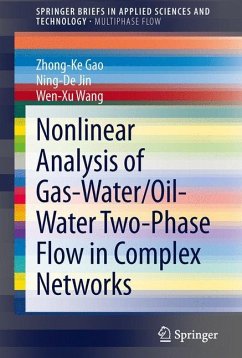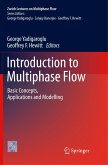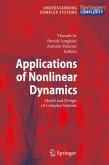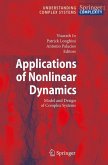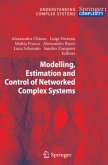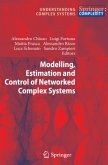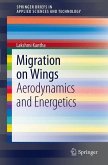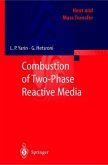Understanding the dynamics of multi-phase flows has been a challenge in the fields of nonlinear dynamics and fluid mechanics. This chapter reviews our work on two-phase flow dynamics in combination with complex network theory. We systematically carried out gas-water/oil-water two-phase flow experiments for measuring the time series of flow signals which is studied in terms of the mapping from time series to complex networks. Three network mapping methods were proposed for the analysis and identification of flow patterns, i.e. Flow Pattern Complex Network (FPCN), Fluid Dynamic Complex Network (FDCN) and Fluid Structure Complex Network (FSCN). Through detecting the community structure of FPCN based on K-means clustering, distinct flow patterns can be successfully distinguished and identified. A number of FDCN's under different flow conditions were constructed in order to reveal the dynamical characteristics of two-phase flows. The FDCNs exhibit universal power-law degree distributions. The power-law exponent and the network information entropy are sensitive to the transition among different flow patterns, which can be used to characterize nonlinear dynamics of the two-phase flow. FSCNs were constructed in the phase space through a general approach that we introduced. The statistical properties of FSCN can provide quantitative insight into the fluid structure of two-phase flow. These interesting and significant findings suggest that complex networks can be a potentially powerful tool for uncovering the nonlinear dynamics of two-phase flows.
Bitte wählen Sie Ihr Anliegen aus.
Rechnungen
Retourenschein anfordern
Bestellstatus
Storno

